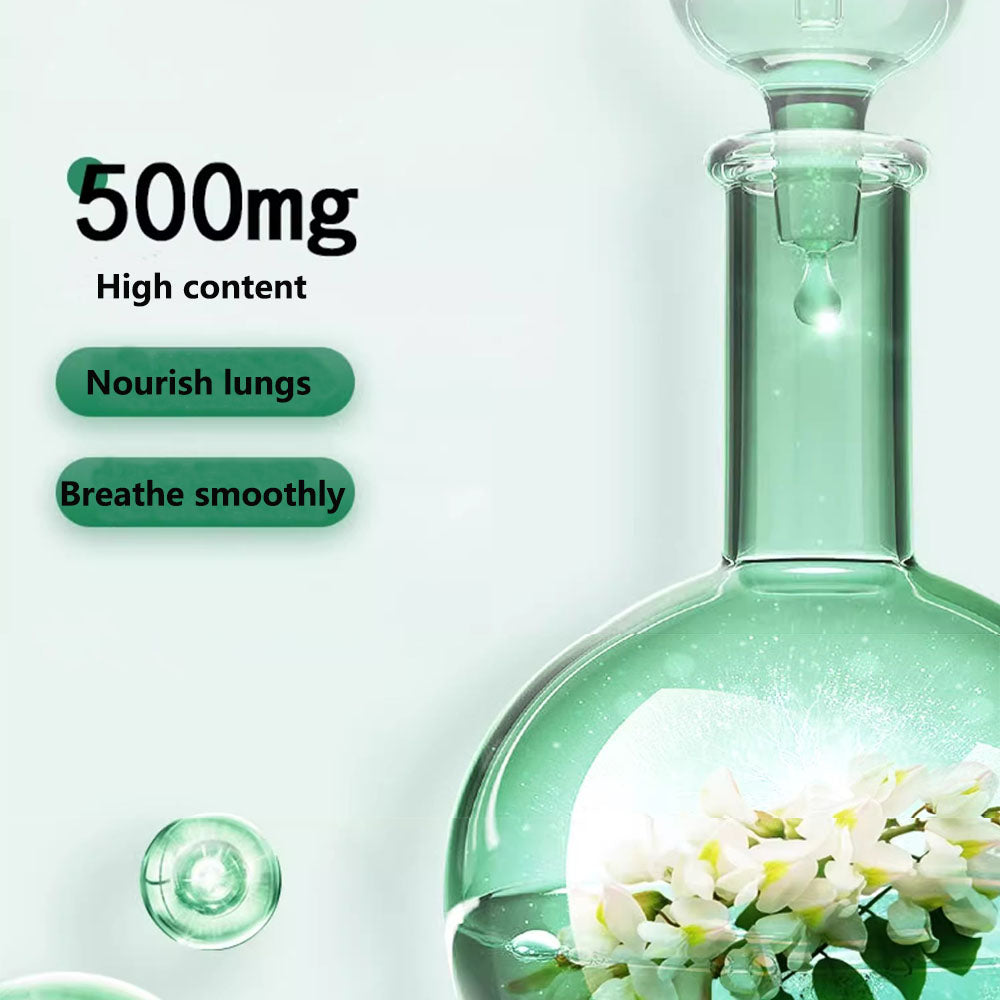What is Quercetin?
Purported Uses of Quercetin









- Choosing a selection results in a full page refresh.
A plant pigment, is said to have antioxidant and anti-inflammatory benefits. It is sometimes used to improve various health conditions such as heart disease, cancer, arthritis However, there isn't enough scientific evidence to support taking it for these conditions

01
Antioxidant:
Purported Use: To combat oxidative stress caused by free radicals, potentially reducing cell damage linked to chronic diseases and aging.
Evidence: Quercetin is a potent antioxidant in vitro (test tube) and in some animal models. However, its bioavailability in humans when taken orally is relatively low and variable. While it does show antioxidant activity in humans, translating this directly into significant disease prevention or treatment benefits is complex and not consistently proven.
02
Anti-inflammatory
Purported Use: To reduce inflammation associated with various conditions like arthritis, autoimmune diseases, and metabolic syndrome.
Evidence: Quercetin demonstrates anti-inflammatory effects in cell and animal studies by inhibiting inflammatory enzymes and pathways. Some small human studies show modest reductions in inflammatory markers (like CRP) in specific populations (e.g., athletes, people with rheumatoid arthritis or sarcoidosis), but larger, more robust trials are needed.
03
Allergy Relief:
Purported Use: To act as a natural antihistamine, stabilizing mast cells and reducing symptoms of seasonal allergies (hay fever), asthma, and hives.
Evidence: Lab and animal studies support its ability to stabilize mast cells and inhibit histamine release. Some older human studies and anecdotal reports suggest potential benefit for allergic rhinitis and asthma, but results are mixed. More rigorous, large-scale human trials are needed to confirm effectiveness compared to standard treatments.
04
Immune System Support:
Purported Use: To boost immune function and fight infections (viral and bacterial), including the common cold and flu. It gained significant attention during the COVID-19 pandemic as a potential adjunctive therapy.
Evidence: Lab studies show antiviral and antibacterial properties. Some small human studies suggest it might reduce the incidence and duration of upper respiratory tract infections (URTIs) in athletes under intense physical stress (which can suppress immunity). However, evidence for the general population preventing colds/flu is weak. Studies on COVID-19 were generally low-quality, inconclusive, or showed no significant benefit. Not a substitute for vaccines or proven antiviral treatments.
05
Heart Health:
Purported Use: To boost immune function and fight infections (viral and bacterial), including the common cold and flu. It gained significant attention during the COVID-19 pandemic as a potential adjunctive therapy.
Evidence: Lab studies show antiviral and antibacterial properties. Some small human studies suggest it might reduce the incidence and duration of upper respiratory tract infections (URTIs) in athletes under intense physical stress (which can suppress immunity). However, evidence for the general population preventing colds/flu is weak. Studies on COVID-19 were generally low-quality, inconclusive, or showed no significant benefit. Not a substitute for vaccines or proven antiviral treatments.
Share this post








Thanks for subscribing!
This email has been registered!
| Product | SKU | Description | Collection | Availability | Product Type | Other Details |
|---|